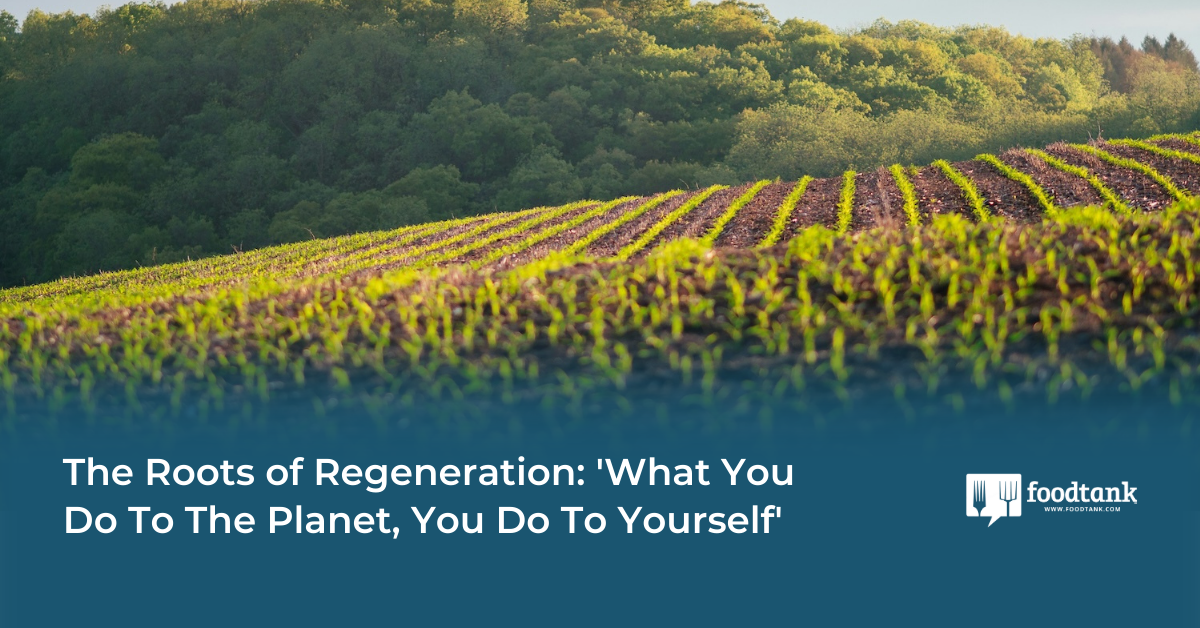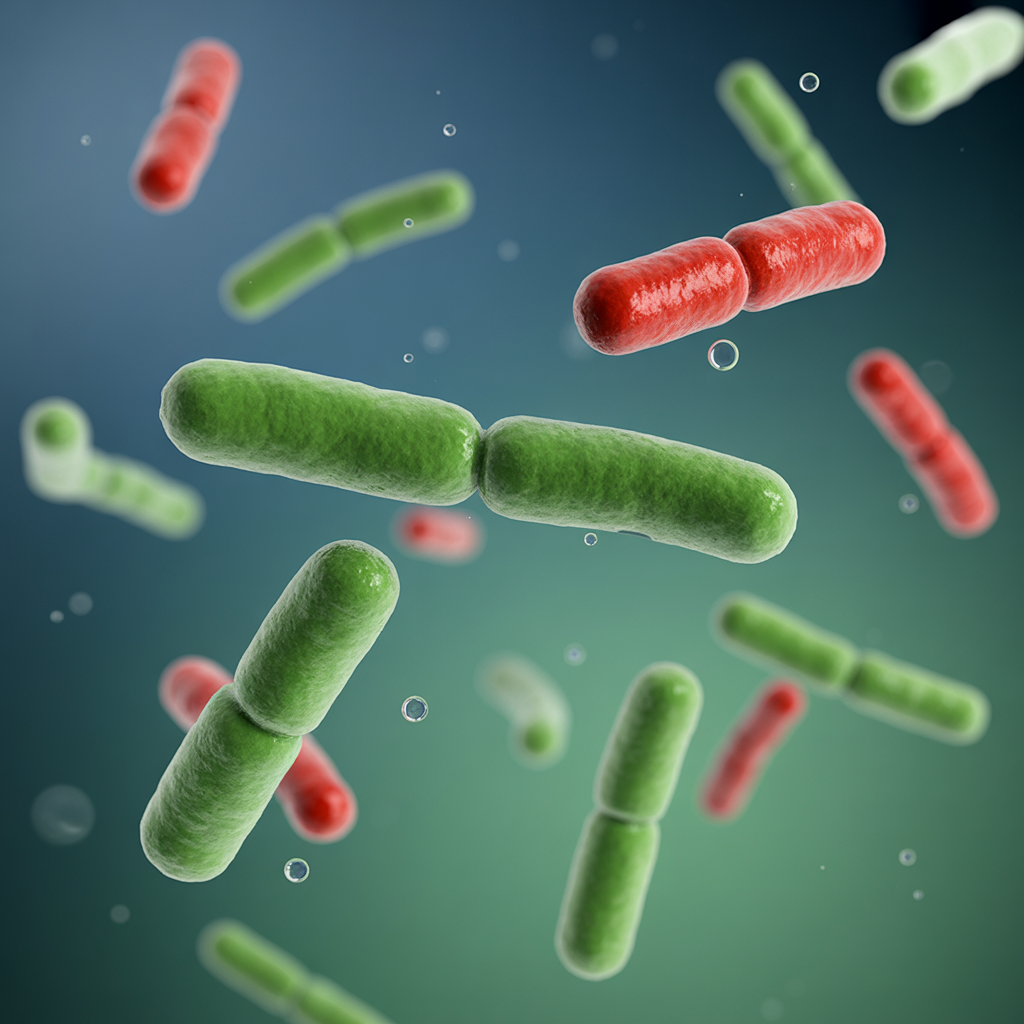The health of today’s food and agriculture systems is deeply connected to past farming practices, particularly soil management. Recognizing this relationship is crucial for addressing challenges in food production and sustainability.
The article from Food Tank highlights how historical agricultural practices, particularly in soil management, affect current food systems. Farmers who overexploited and depleted the soil quality decades ago have created a legacy that continues to impact both their health and the environment. This cyclical relationship means that poor soil management leads to poor crop yields and unhealthy food systems, which ultimately affect human health.
Soil degradation, resulting from methods such as monoculture, excessive use of agrochemicals, and poor land management, has profound implications. It not only reduces the land’s productive capacity but also contributes to issues like climate change and biodiversity loss. Current generations of farmers face the challenge of improving soil health to reverse the damage incurred by their predecessors, demonstrating the need for regenerative agricultural practices.
Key practices in regenerative agriculture include cover cropping, crop rotation, and organic farming methods, which all help restore soil structure and enhance nutrient levels. By shifting focus from traditional farming methods to these innovative practices, farmers can contribute to a healthier ecosystem and promote better food quality.
In addition to the environmental benefits, adopting regeneration practices can also lead to economic advantages for farmers. Healthier soil often results in higher yields and decreased reliance on chemical inputs, thereby reducing costs in the long run. Moreover, consumers increasingly demand food that is sustainably sourced, positioning regenerative farming as both an ethical imperative and a business opportunity.
The article emphasizes the importance of recognizing our interconnectedness with the environment and how sustainable practices today can lead to healthier communities and ecosystems tomorrow. Farmers’ actions and decisions have lasting impacts—understanding this can inform better strategies that benefit future generations of both producers and consumers.
Key Takeaways
- Soil treatment history shapes current agricultural health.
- Regenerative practices restore soil and boost yield.
- Sustainable farming can improve both health and profitability.
- Consumer demand drives shift towards sustainable agriculture.
Source: foodtank.com. Read the original:
https://foodtank.com/news/2025/09/the-roots-of-regeneration-what-you-do-to-the-planet-you-do-to-yourself/.





